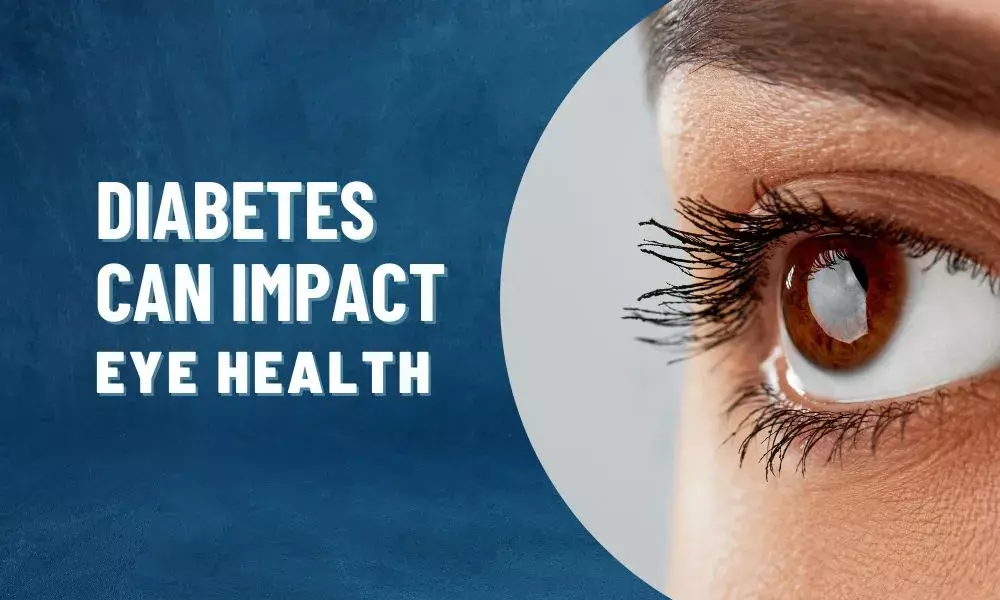Diabetes affects our metabolism adversely; it is a chronic health condition that affects the life of many people across the globe. The aftermath of Diabetes are many, but one of its most significant impacts is on our eyesight.
Diabetes can deteriorate your eye health and impact your eyesight. Therefore, diabetics must undertake regular eye check-ups.
Let’s know about four eye health-related complications that can occur due to Diabetes and the preventive measures.
1. Diabetic Macular Edema
The macula is a small area in the retina’s centre responsible for sharp and clear vision. In diabetic retinopathy, damaged blood vessels can cause fluid to enter the macula and cause the macula to swell. In some cases, the swelling can affect the central vision, making it difficult to read, recognize faces, or perform other tasks that require good vision. Prompt diagnosis and treatment, such as laser therapy or intravitreal injections, can help control DME and prevent further vision loss.
2. Diabetic retinopathy
Diabetic retinopathy is one of the most common eye problems that arise along with Diabetes. In this condition, the blood vessels in the retina are affected. High blood sugar levels can harm the small blood vessels within the retina, driving to their spillage or blockage. If left untreated, this can cause blurry or distorted vision, floaters, or even complete vision loss.
Diabetic retinopathy has two sub-types: non-proliferative and proliferative. Early detection through regular eye exams and appropriate management can help reduce the risk of diabetic retinopathy and prevent vision loss.
3. Cataracts
An individual with Diabetes also faces an increased risk of developing cataracts. A cataract is basically the clouding of the lens inside the eye, leading to hazy and unclear vision. The lens in the eye is primarily responsible for focusing light onto the retina for clarity. Diabetes can cause cataracts by altering the metabolism of the proteins of the lens. Therefore, people with Diabetes can develop cataracts at a younger age and are more likely to develop serious illnesses. Cataract surgery, in such cases, is the only way to restore vision by replacing the cloud with an artificial lens.
4. Glaucoma
Glaucoma, is an eye disease caused by nerve damage, is another condition associated with Diabetes. Glaucoma in diabetics arises due to poor blood flow and blood vessel damage. If not treated timely, glaucoma can lead to blindness and even blindness. Regular eye exams, early detection, and appropriate treatment (such as eye drops or surgery) are the keys to controlling glaucoma.
Prevention measures and recommendations
While the impact of Diabetes on eye health is significant, certain measures can reduce and control the damage of this problem. It all starts with good diabetes management, which includes:
-
Maintaining a stable blood sugar level.
-
Controlling blood pressure and cholesterol.
-
Having a healthy diet.
Most importantly, regular eye examination by an optometrist or ophthalmologist at least once in six months or as recommended is important for the early detection of diabetic complications. These eye exams will include a variety of tests to assess vision, a retinal exam, an eye pressure test, and a full eye test.
The effects of Diabetes on the eyes can be reduced with proper management, regular eye exams, and timely intervention. People with Diabetes must prioritize their eye health and work with their ophthalmologist to maintain good vision and a healthy lifestyle.





